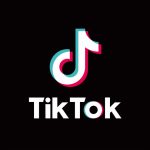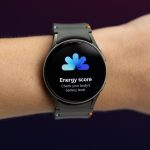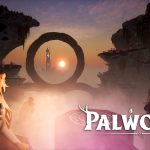Christoph Dernbach/picture alliance via Getty Images
- Facebook withheld a Q1 report on popular content for fear of backlash, The New York Times reported Friday.
- On Saturday, Facebook released the report, which said the most popular article on the platform cast doubt on the COVID-19 vaccine.
- A Facebook spokesperson said the article “does illustrate just how difficult it is to define misinformation.”
- See more stories on Insider’s business page.
The top-performing link on Facebook in the US from January to March suggested the COVID-19 vaccine could be deadly, according to a report released by the social media giant Saturday that identified the most popular content on the platform from January to March.
Facebook has come under heightened scrutiny this year over misinformation about COVID-19 that has been shared on the platform, with President Joe Biden saying earlier this year that Facebook is “killing people.” (He later walked back the comments.)
Earlier this week, Facebook released a report that identified popular content from April to June, prompting questions over why data was not released for the first quarter of the year. The top-performing links in the Q2 report were mostly harmless content, things like sports, recipes, and animals.
But The New York Times reported Friday the Q1 report had been intentionally withheld by senior executives for fear of backlash.
The Q1 report, released the day after The Times report, showed the most popular URL on Facebook was an article published by the Sun-Sentinel and distributed by the Chicago Tribune. The story’s headline suggested the COVID-19 vaccine may have caused the death of a Florida doctor who died two weeks after getting vaccinated.
A medical examiner’s report later found there was not enough evidence to determine if the vaccine played a role in his death, and an update was added to the story to reflect this.
More than 53 million people saw the article in their newsfeed. The report also said the 19th most popular page on the platform in the first three months of 2021 belonged to The Epoch Times, a right-wing, anti-China newspaper that has promoted conspiracy theories.
When reached by email, Facebook directed Insider to a Twitter thread shared by spokesman Andy Stone. Stone said the article about the Florida doctor, which was factually accurate, “does illustrate just how difficult it is to define misinformation.”
Stone also said Facebook initially withheld the Q1 report “because there were key fixes to the system we wanted to make,” though it was unclear what those fixes were.
“We’re guilty of cleaning up our house a bit before we invited company,” he said.
The report released Saturday said the top 20 most popular links on Facebook account collectively for only 0.057% of content views on the platform, which hosts more than 2.8 billion monthly users.
Facebook said it plans to continue releasing quarterly reports about the platform’s most popular content as part of its efforts to be transparent.
Have a news tip? Contact this reporter at kvlamis@insider.com.
Powered by WPeMatico






